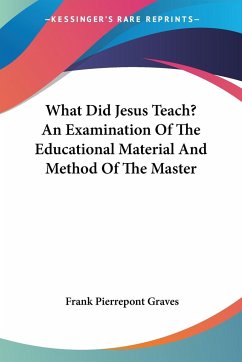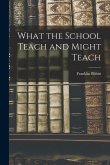This book has been considered by academicians and scholars of great significance and value to literature. This forms a part of the knowledge base for future generations. We havent used any OCR or photocopy to produce this book. The whole book has been typeset again to produce it without any errors or poor pictures and errant marks.








